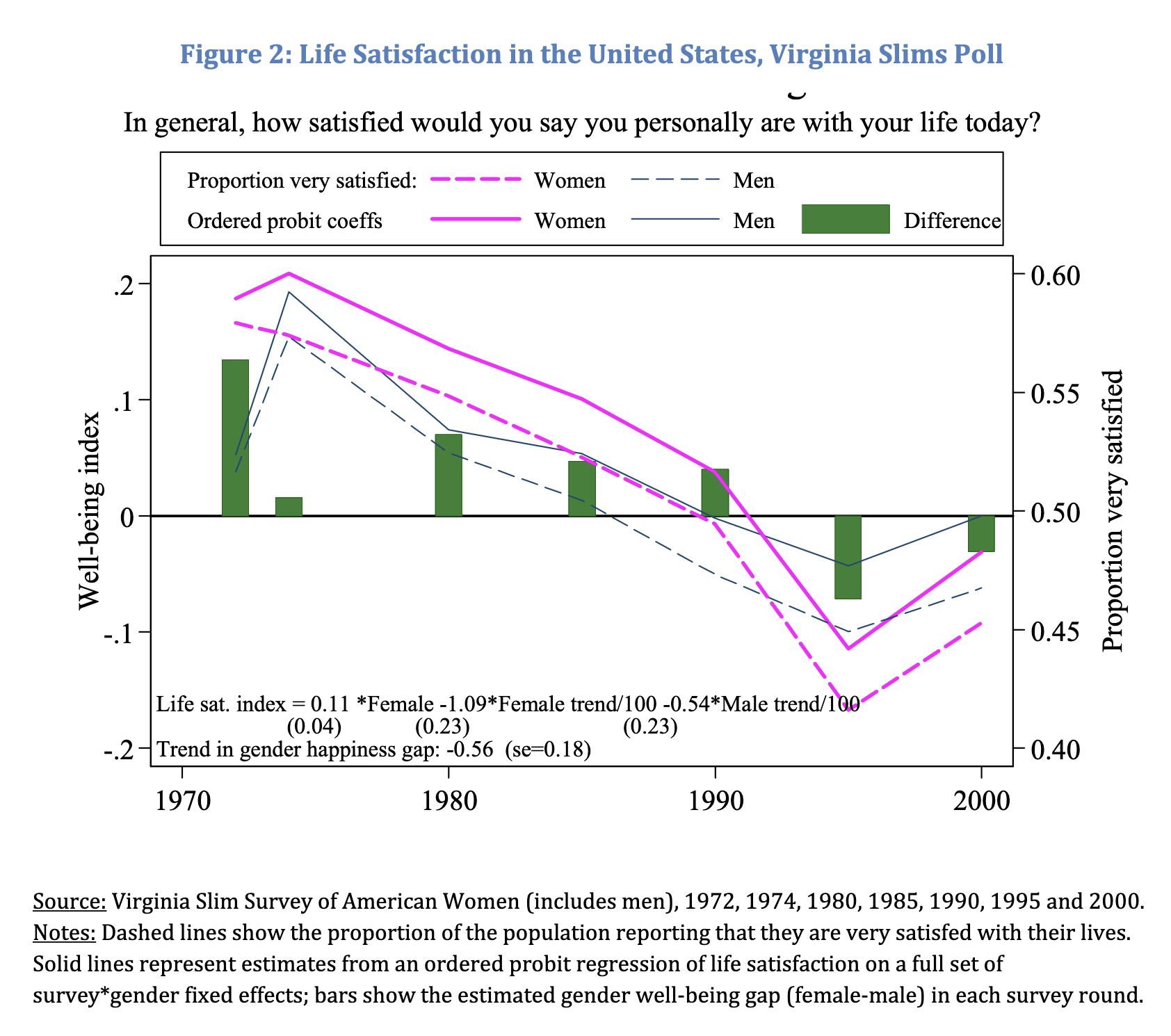People of a certain age may remember that long-ago buzz around the Leisure Society. The world was changing in the 1960s and 70s. Automation was replacing telephone operators. (Women and minorities hardest hit). Word processing and other technologies were on the cusp of replacing the secretary and the typing pool. (Women and minorities hardest hit … again). Factory automation was starting to replace workers on the production lines. (Mainly white males … doesn’t matter). Historically, survival had required that everyone work almost every hour that God sent them, but now that was changing. The idea of the Leisure Society was that people would not need to work so many hours to maintain their standard of living. Three-day work weeks were bandied around.
As we all know, that did not happen. No Leisure Society for us. Instead, the surplus labor from automation was soaked up in two main ways. First, the educational cycle was vastly extended, functioning as disguised unemployment. Then government staffs grew exponentially, along with “private sector” employees who were functionally part of the government machine, such as lawyers.
If the Political Class had soaked up all that now-surplus labor from automation into government & para-government employees to write the Great American Novel or to rescue the dying art of English Morris Dancing, things might have worked out quite well. Instead, starting in the 1970s, they used that surplus labor to create a regulatory morass. All those newly-hired bureaucrats throwing sand in the gears (because their job was to stop things from happening) made it progressively more difficult for productive industry to survive, leading to offshoring and the de-industrialized economic disaster we face today.
Now Artificial Intelligence threatens to do to the white collar bureaucratic/legal class what earlier automation did to pink collar and blue collar employment. How would a rational society react to this unstoppable development?
Here is a suggestion – turn back the clock. Strengthen society and shrink the labor force beneficially by putting Motherhood back on the pedestal where it belongs.
If the average woman does not have 2.1 children, society demographically dies. Yet young women today are encouraged to seek employment in government & industry instead of rearing future citizens in stable relationships.
It would be possible to construct social policies which support marriage – for the benefit of the children, of course. Biologically, the best option would be for women to have their 2.1 children in their early/mid twenties. Those women might want to join the labor force later, say in their mid-30s, when their children have reached high school age. We would need policies to facilitate those women’s later entry into the labor force. Unmarried mothers and divorce while the children are under the age of 16 would be strongly (even punitively) discouraged, because of the evidence that children need fathers as well as mothers.
In effect, the potential crisis from AI would be converted into a societal positive. The labor savings from AI would be used to correct the current demographic deficit and to improve the upbringing of children – no more harassed working mothers dumping their young children into over-crowded daycare facilities. Rosie the Riveter would be encouraged to go home and raise a family. Many women would welcome this, and the ones who are not interested in motherhood should of course be allowed to go their own way, giving society substantial tax revenues instead of well brought-up future citizens.
Of course, none of this will happen in a West which is in the iron grip of extreme feminists. But it is worth noting that already Russia is incentivizing families, and China has abandoned its former one-child rule. If the West can similarly adapt, our society may survive.
